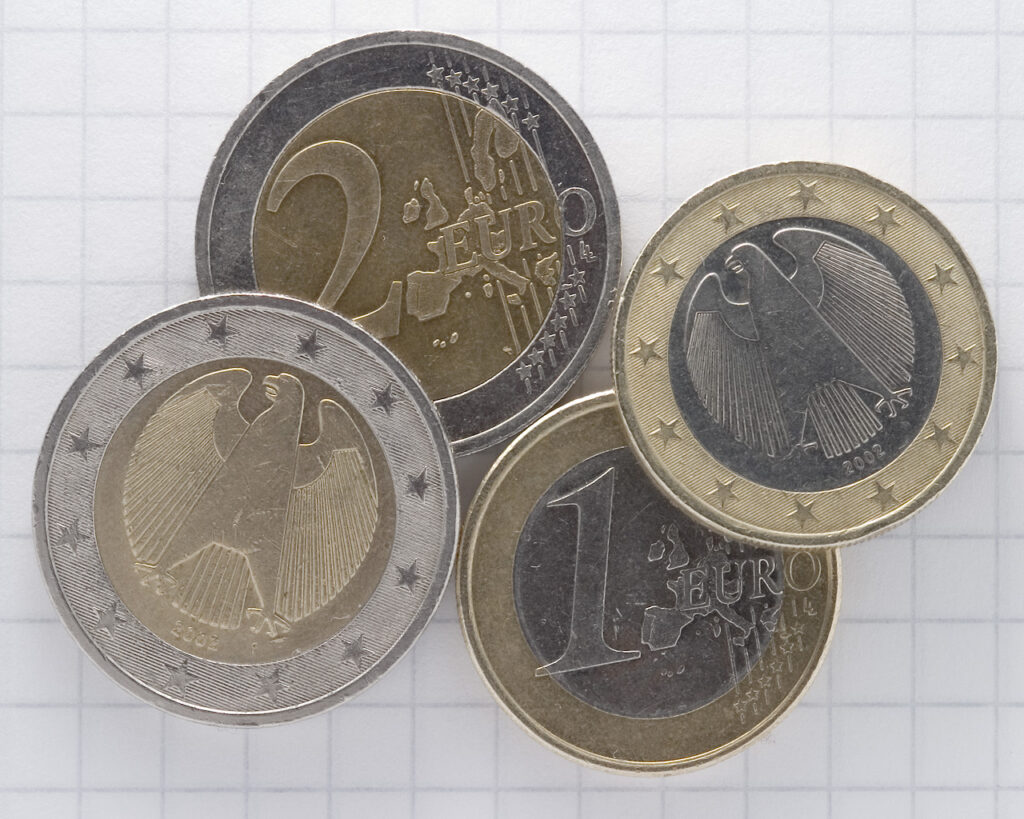These two charges are usually leveled at successful entrepreneurs.

A person who hoards money is literally being selfless: they provided a service or produced goods for which they money were given, then proceeded to hold onto these *tokens of value* without receiving any reciprocal services or goods in exchange. In short, they make everyone else’s money just a little more valuable by reducing the supply of cash in circulation. For instance, a tourist who swaps dollars for euros and brings back the balance as souvenirs, never claims those euros’ worth of goods and services and, in effect, gifts their value to the people of the EU.
That said, *successful* people do not hoard money. They either invest them in their own business or in some else’s. So the value they received is immediately put to use for creating more valuable services or goods. They either invest in equipment or training to improve their own productivity, or create jobs for others.
Either hoarding or investing provide a benefit, so long as the money was received through voluntary trade and not through coercion like taxes.

Preppers are often accused of hoarding. “You have food stored, but I’m at the grocery store facing nearly empty shelves. There ought to be a law.”
But see how it actually works. You and I go to the store in normal times. You want one can of corn, to eat this week. I want two cans of corn, one for this week and one to store. But there are 20 cans on the shelf, so we both get what we want, and leave 17 cans for others. That goes on for months.
Then there’s ice on the roads, a hurricane on the coast, or a backup in the harbor. The supply chain stretches thin. You go to the store and there’s only one can left. You snatch it and look around. But I’m not there. I have corn in my pantry, and don’t need to compete with you for the scarce cans. We both have what we need; win-win.
In reality, the more preppers there are in your community storing food when it’s plentiful, the better off you are when the supplies get low.